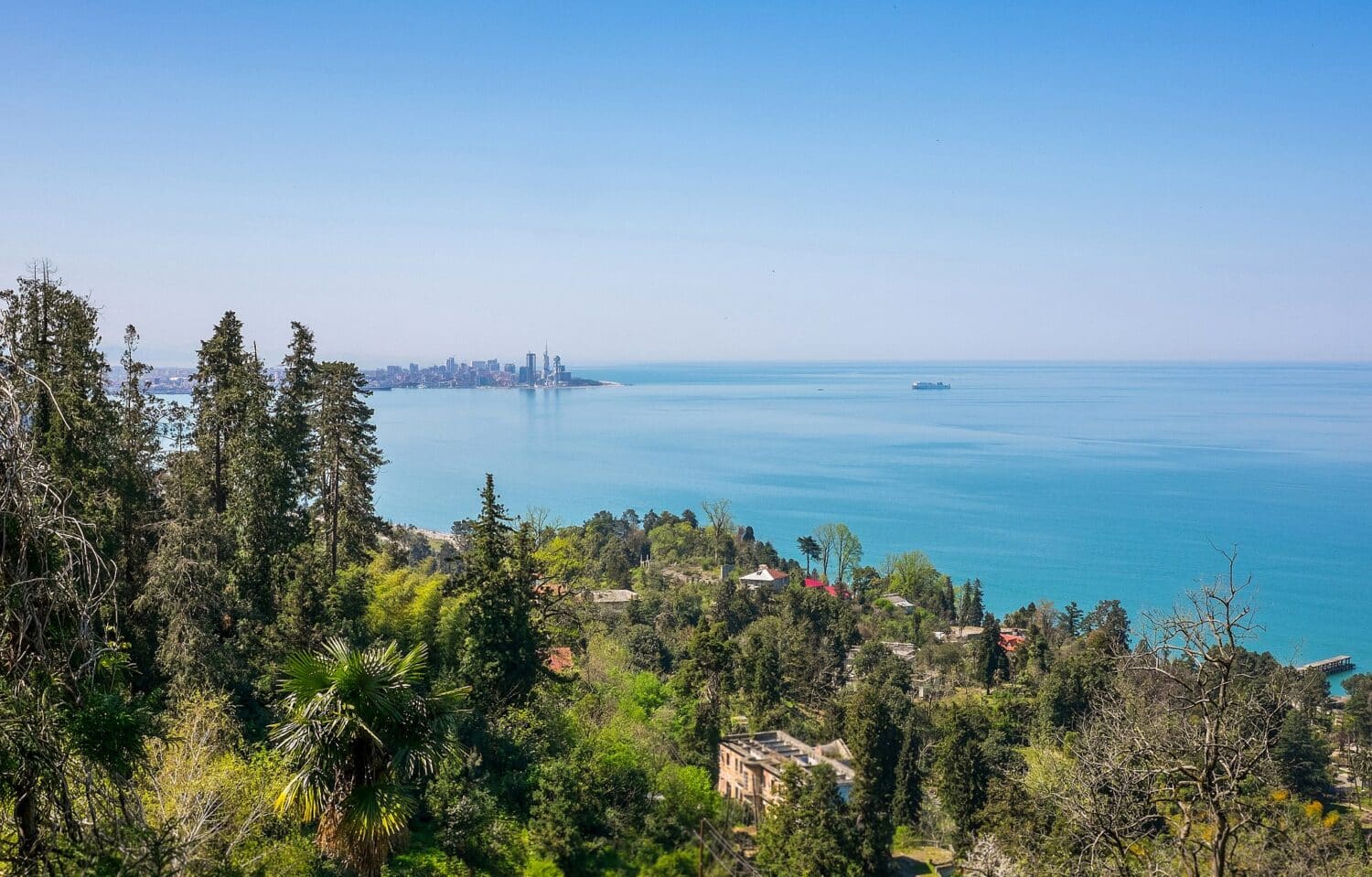Choppy waters
A Black Sea Expeditionary Force would re-establish Britain on the international stage, writes Alex Sobel MP
There is no doubt that we are at a pivotal moment in the future of European security.
The invasion of Ukraine has consigned to us the immediate tasks of supplying military aid and training so they can prosecute the war; working on sanctions and seized assets; and starting reconstruction efforts in de-occupied and war-damaged areas of the country. However, we also need to plan for the future geopolitical and security issues facing Europe, particularly those concerning former Soviet republics wrestling with the choice between east and west and the malign influence of Russia in their internal affairs.
The development and expansion of NATO is one of the key issues. The Vilnius Summit Communique made clear the future of Ukraine is within the alliance. The timeline, and the need for Ukraine’s military to be at NATO standard, are the two main sticking points. Both issues are interrelated and other countries in the Caucasus face similar challenges – Moldova, Georgia, Armenia.
In 2012, against the backdrop of the wars in Iraq and Afghanistan, the UK led on the creation of a ‘joint expeditionary force’. The resulting Joint Rapid Reaction Force – sometimes called the UK Joint Expeditionary Force or simply the JEF – brought together Denmark, Estonia, Latvia, Lithuania, the Netherlands and Norway, as well as then non-NATO members Finland and Sweden. The initiative sought to unite these allies into a single force that could then be deployed instantly for joint operations.
The JEF’s principal geographic area of interest stretches across the Arctic, North Atlantic and Baltic Sea regions. All these regions face Russia and have seen an increase in Russian naval activity, including in proximity to important shipping lanes in the Atlantic and the Baltic. The climate crisis and retreating ice sheets also mean that, unfortunately, new sea routes are opening in the Arctic. These changes, however, pale in comparison to what we have seen in the Black Sea, where disruption will ultimately mean hundreds of millions are unable to receive wheat and other staples.
Working with our allies – most notably Ukraine – the UK should look to establish a new expeditionary force focusing on the Black Sea and Mediterranean shipping lanes. This new joint force could extend to those nations looking to the west who are reliant on the Black Sea ports to trade with Europe and beyond.
This Black Sea Expeditionary Force (BSEF) should take a ‘human security’ approach. Human security is about the security of individuals and communities as well as about the security of states and borders. It is about both physical security – the direct threats posed by terrorists or war, for example – and material security against poverty, disease, and climate catastrophe. In a global context, a human security approach is about spreading the rule of law and human rights, and having the kind of emergency services that can address crises such as pandemics, genocide and ethnic cleansing, flooding or famine – all of which become more likely should the Black Sea region become destabilised.
Countries surrounding the Black Sea and the Mediterranean have specific security issues such a force could address. Different countries’ capabilities and specialities should be utilised to strengthen the totality of BSEF members’ security in areas such as cybersecurity, climate adaptation and humanitarian aid, as well as traditional military security.
Like the JEF, the Black Sea Expeditionary Force should be designed to complement other international frameworks and avoid duplication; it would be coherent with the NATO Framework Nations Concept and use NATO standards and doctrine as its baseline. It would be used to support UN, NATO or other multinational or coalition operations in peacetime or crisis and as a gateway to NATO membership.
Both David Lammy and John Healey have showed leadership on Ukraine, as well as a deep understanding that it is necessary to look beyond the current crisis and develop a clear outlook and strategy – something that has been absent from UK defence and foreign policy in recent years. Establishing a Black Sea Expeditionary Force with allies would embody this approach and re-establish the UK as a thought leader on foreign and defence policy.
Image credit: Jagermesh, CC BY-SA 2.0 via Wikimedia Commons

